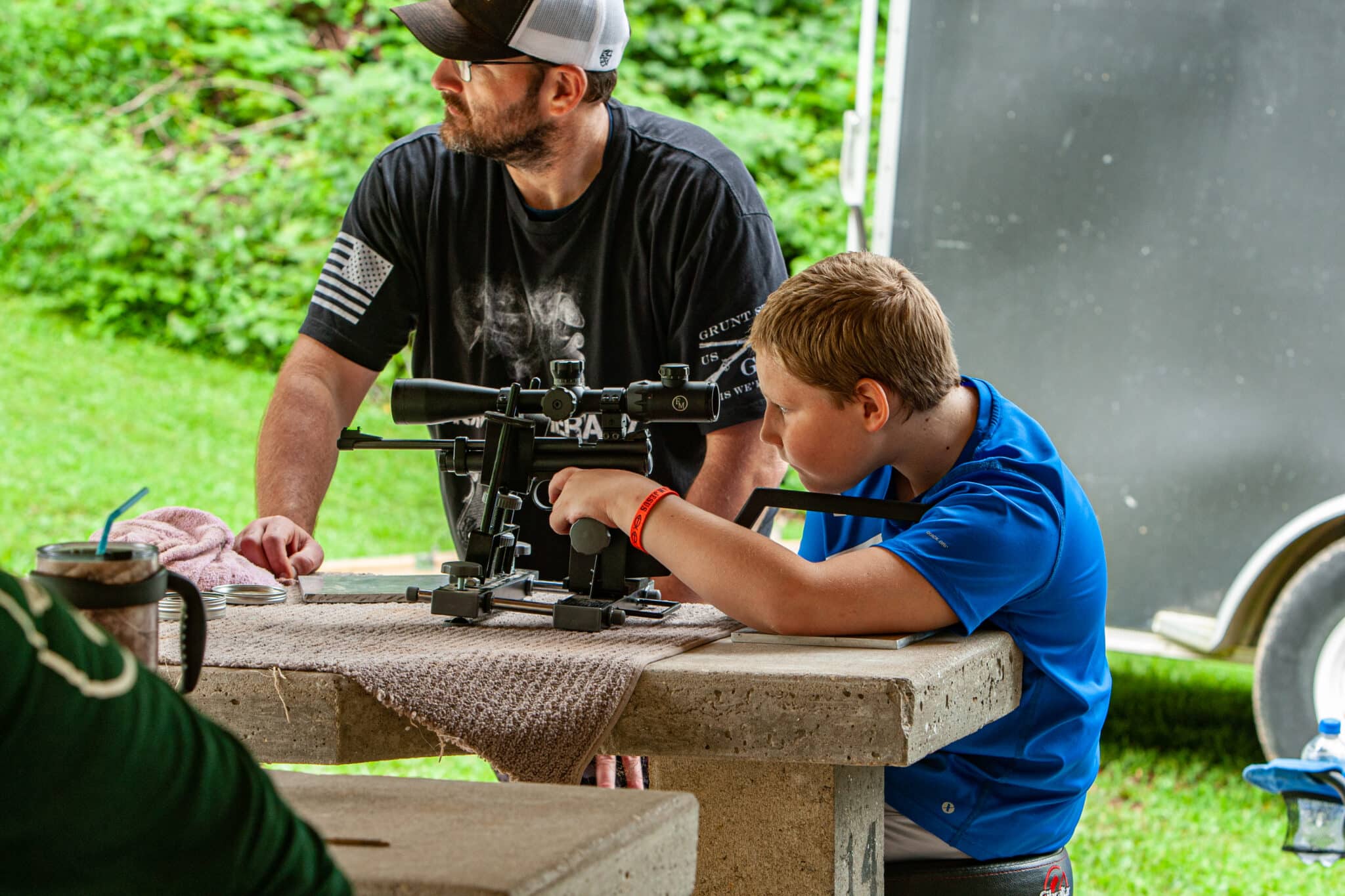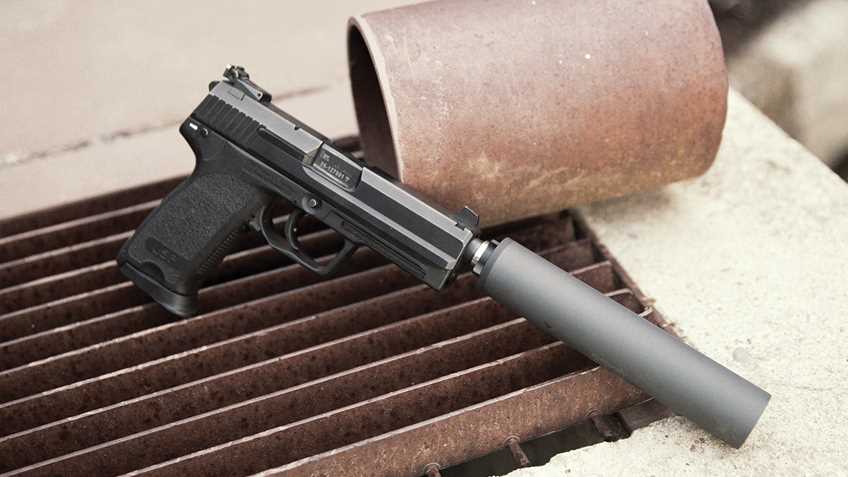As we reported last week, the Bureau of Alcohol, Tobacco, Firearms and Explosives (“ATF”) denied approximately 850 Form 1 applications for prospective makers of suppressors on February 28. These denials were apparently made due to a change in ATF policy regarding certain devices that ATF claims are in reality suppressor “parts kits.”
The Form 1 application (technically ATF Form 5320.1) is the Application to Make and Register a Firearm. This is the application form that applicants who are not licensed to manufacture National Firearms Act (“NFA”) regulated firearms must use to legally create an NFA firearm.
Under federal law, firearm suppressors, called firearm silencers or firearm mufflers in federal statute, are treated legally the same as other firearms and subject to the registration and taxation requirements of the NFA.
The new change in policy was due to ATF’s interpretation of the definition of “firearm silencer or firearm muffler” which is “any device for silencing, muffling, or diminishing the report of a portable firearm, including any combination of parts, designed or redesigned, and intended for use in assembling or fabricating a firearm silencer or firearm muffler, and any part intended only for use in such assembly or fabrication.”
ATF is specifically concerned with “combination[s] of parts, designed or redesigned, and intended for use in assembling or fabricating a firearm silencer or firearm muffler . . . .” According to ATF, companies who are selling products that can be used for the assembly or fabrication of a silencer must treat those products as if they are already a silencer. The company would need to be a licensed manufacturer, pay a special tax, and the product would need to be transferred on ATF’s Form 4 application, rather than being registered via a Form 1 by the person who intends to use the parts in assembling a functional silencer.
Notably, NRA-supported legislation would address this definition to eliminate any possibility of these types of interpretations. The Hearing Protection Act (“HPA”), in addition to removing suppressors from the purview of the NFA, would change the definition that is the subject of ATF’s new “interpretation.”
The new definition would change the definition to “mean any device for silencing, muffling, or diminishing the report of a portable firearm, including the ‘keystone part’ of such a device.”
It would further define “the term ‘keystone part’ [to] mean[], with respect to a firearm silencer or firearm muffler, an externally visible part of a firearm silencer or firearm muffler, without which a device capable of silencing, muffling, or diminishing the report of a portable firearm cannot be assembled, but the term does not include any interchangeable parts designed to mount a firearm silencer or firearm muffler to a portable firearm.”
In essence, these changes would bring suppressors into line with other firearms, where only a single part is the “frame or receiver,” and other parts could easily be bought and sold for repair or replacement.
Unfortunately, HPA currently lacks sufficient votes in both houses of Congress, but gun owners will be given the opportunity this November to elect law makers who support the right to keep and bear arms and will put a stop to ATF’s repeated “reinterpretations” of federal law.




